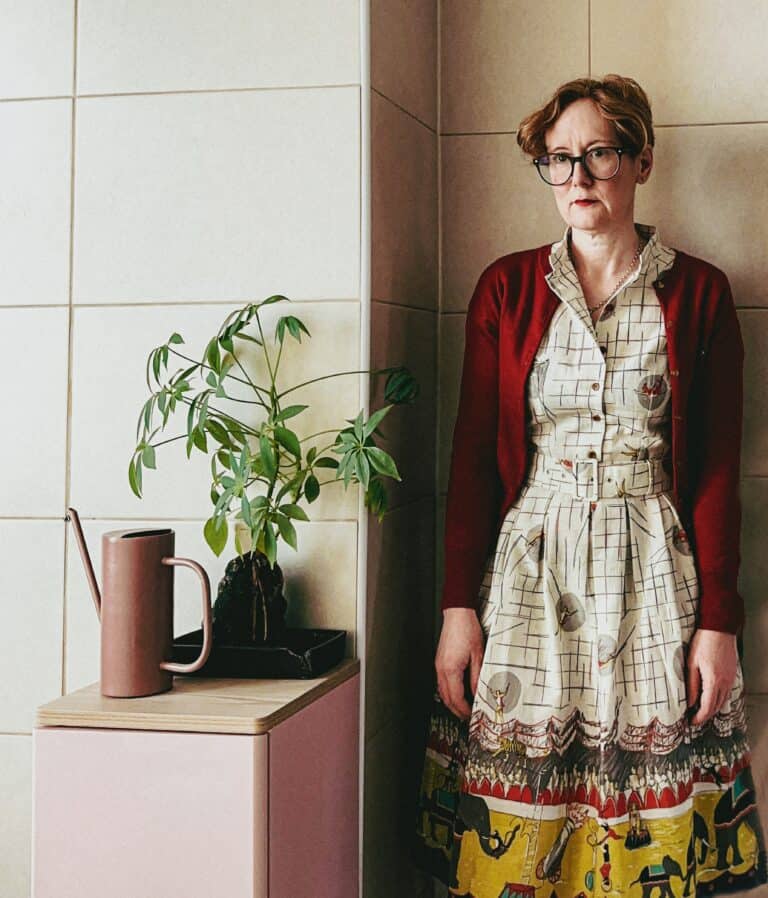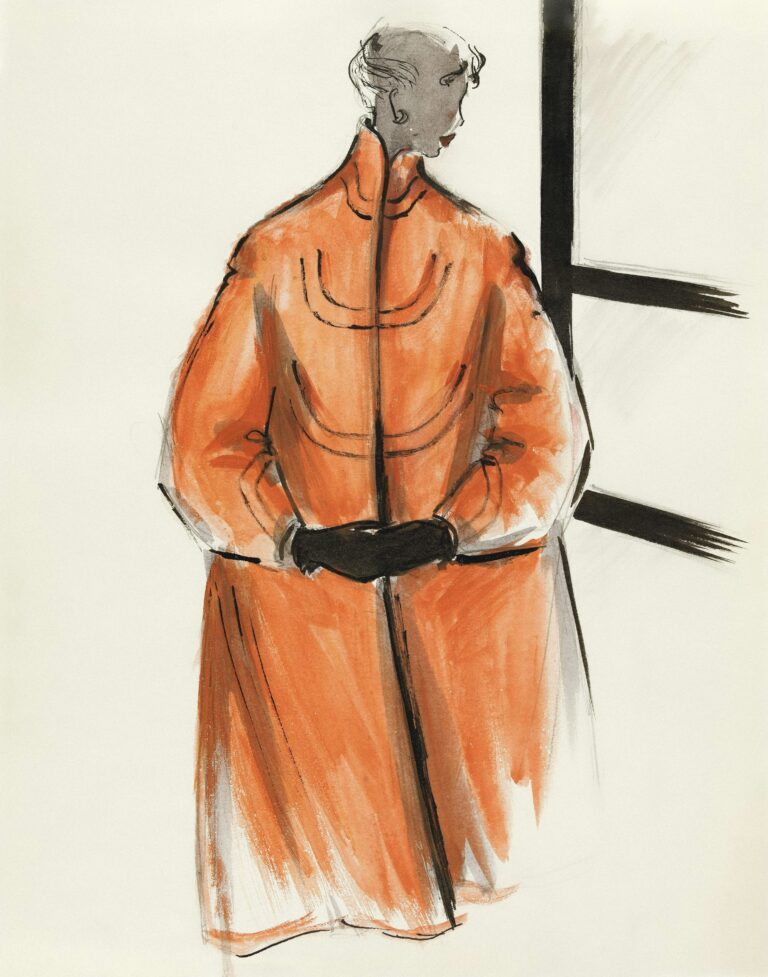Understanding Agoraphobia and OCD: Symptoms, Treatments, and Online Therapy Options

Agoraphobia and Obsessive-Compulsive Disorder (OCD) are two distinct but often interconnected mental health conditions.
Both can significantly impact an individual’s quality of life, making it essential to understand their symptoms, treatments, and how online therapy can be an effective option.
This article delves into the complexities of agoraphobia and OCD, exploring how they intersect and offering insights into available online therapy options.
Understanding Agoraphobia
Agoraphobia is an anxiety disorder characterized by an intense fear of being in situations where escape might be difficult or help unavailable if things go wrong.
This fear often leads to avoidance of various situations, such as being outside the home alone, being in crowds, or traveling on public transportation.
Symptoms of Agoraphobia
The symptoms of agoraphobia can vary from person to person, but common signs include:
Fear of leaving home alone
Avoidance of crowded places
Anxiety about being in places where escape might be challenging
Dependence on others to accompany them to public places
Physical symptoms such as sweating, trembling, or heart palpitations when confronted with feared situations
Understanding OCD
Obsessive-Compulsive Disorder (OCD) is a mental health condition characterized by unwanted, intrusive thoughts (obsessions) and repetitive behaviors or mental acts (compulsions) that an individual feels compelled to perform.
These behaviors are often carried out in an attempt to reduce anxiety or prevent a feared event.
Symptoms of OCD
OCD symptoms typically fall into two categories: obsessions and compulsions.
Obsessions:
Fear of contamination by germs or dirt
Intrusive thoughts about harm coming to oneself or others
Unwanted forbidden or taboo thoughts involving sex, religion, or harm
Need for symmetry or exactness
Compulsions:
Excessive cleaning or handwashing
Repeatedly checking things (e.g., locks, appliances)
Counting, tapping, or repeating certain words
Arranging items in a specific order
The Intersection of Agoraphobia and OCD
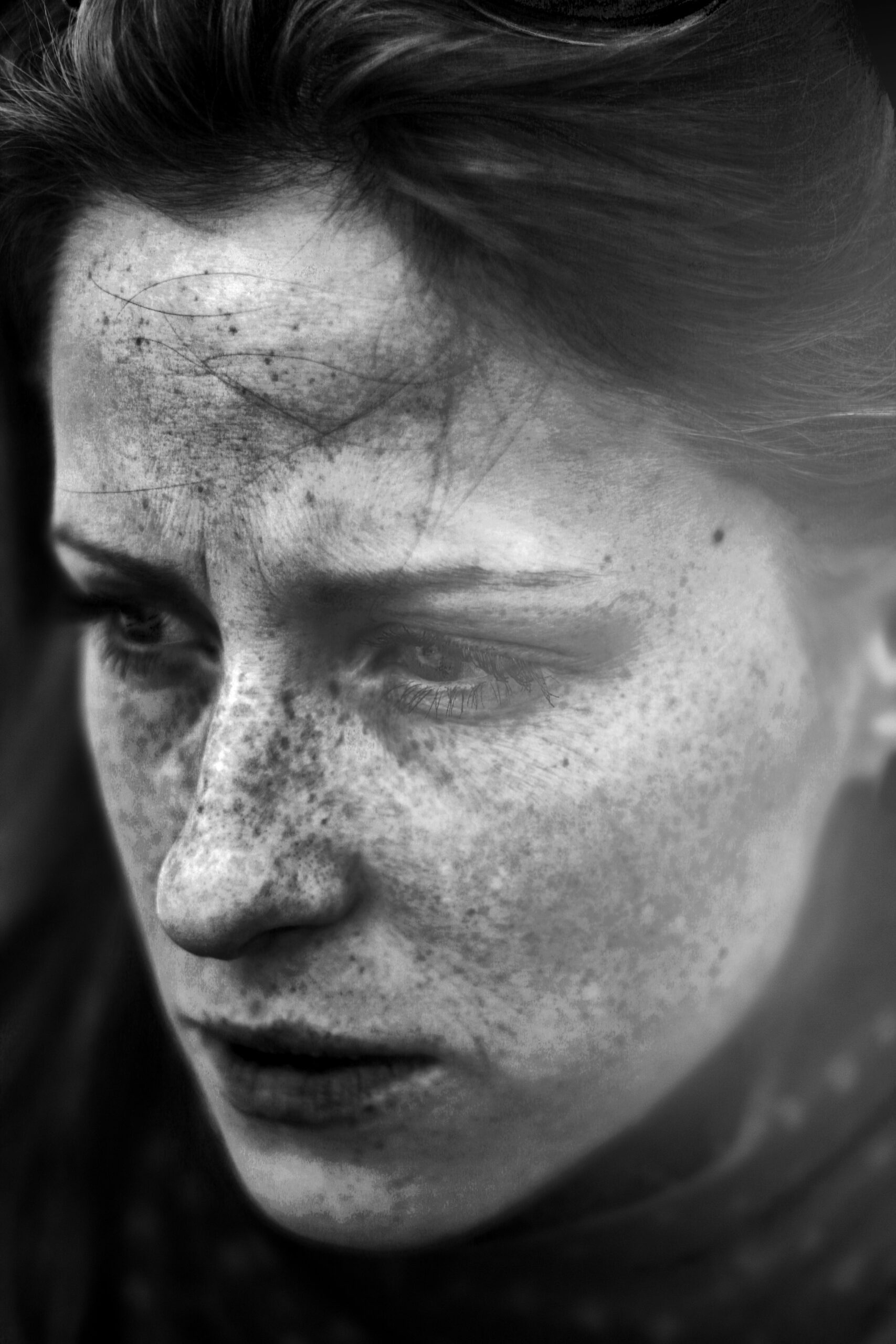
While agoraphobia and OCD are separate disorders, they can co-occur, creating a complex and challenging condition. When combined, these disorders can amplify each other’s symptoms.
For example, OCD patients may have obsessions related to contamination, leading to compulsions that make leaving the house difficult.
Simultaneously, agoraphobia might cause extreme anxiety about being outside, reinforcing the compulsive behaviors and further limiting the individual’s ability to function in daily life.
Challenges of Co-occurring Agoraphobia and OCD
The combination of agoraphobia and OCD can lead to several challenges, including:
Severe avoidance behaviors: The fear of certain situations coupled with compulsions can severely restrict an individual’s daily activities.
Increased anxiety: The presence of both disorders can amplify anxiety levels, making it harder to manage symptoms.
Complicated treatment: Treating co-occurring disorders often requires a multifaceted approach that addresses both sets of symptoms.
Effective Treatments for Agoraphobia and OCD
Despite the challenges, there are effective treatments available for both agoraphobia and OCD. The primary treatment approaches include:
Cognitive-Behavioral Therapy (CBT)
CBT is a well-established treatment for both agoraphobia and OCD. This therapy focuses on identifying and challenging negative thought patterns and behaviors.
For agoraphobia, CBT might involve gradual exposure to feared situations, helping the individual build confidence and reduce anxiety.
For OCD, CBT often includes Exposure and Response Prevention (ERP), where individuals are gradually exposed to their obsessions and learn to resist performing compulsions.
Medication
Medications can be an effective part of treatment for both agoraphobia and OCD.
Selective serotonin reuptake inhibitors (SSRIs) are commonly prescribed to help manage symptoms by increasing serotonin levels in the brain.
In some cases, other types of medications may be used, depending on the individual’s specific symptoms and response to treatment.
Online Therapy for Agoraphobia and OCD
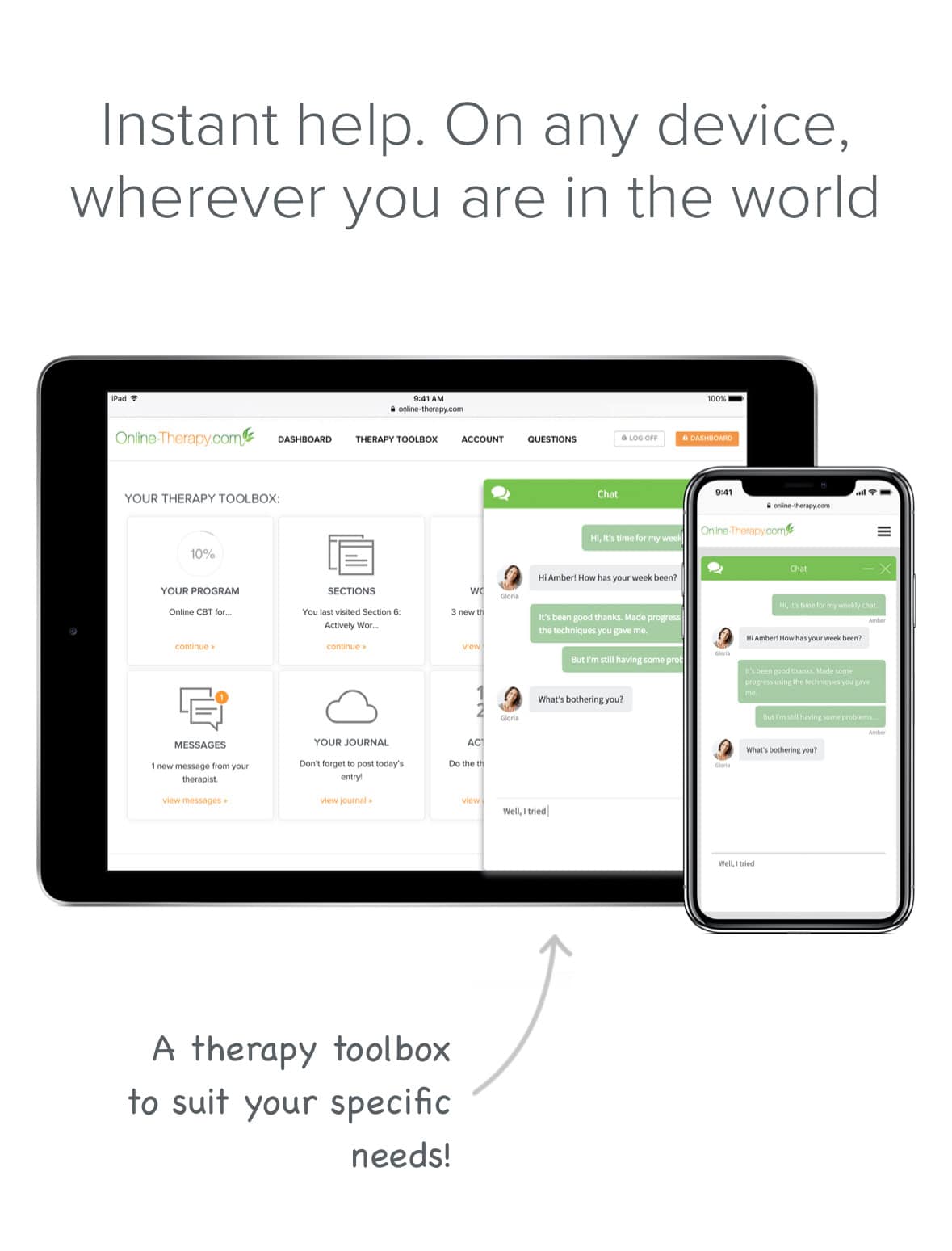
With the rise of digital health platforms, online therapy has become an accessible and effective option for many individuals with agoraphobia and OCD.
Online therapy offers several benefits, including convenience, flexibility, and accessibility.
Benefits of Online Therapy
Convenience: Online therapy allows individuals to receive treatment from the comfort of their own home, which is particularly beneficial for those with agoraphobia who may find it difficult to leave their house.
Flexibility: Many online therapy platforms offer flexible scheduling, making it easier for individuals to fit therapy sessions into their busy lives.
Accessibility: Online therapy can reach individuals in remote or underserved areas, providing access to quality mental health care including a structured clinical interview that might otherwise be unavailable.
Types of Online Therapy

There are various types of online therapy that can be effective for treating various types of disorders such as panic disorder, binge eating disorders, posttraumatic stress disorders, separation anxiety disorder, bipolar ii disorder, panic attacks, recurrent panic attacks, binge eating disorder, social anxiety disorder, generalized anxiety and other anxiety disorders.
Individual Therapy
One-on-one sessions with a licensed therapist can help individuals work through their specific symptoms and develop coping strategies.
These sessions can be conducted via video calls, phone calls, or even text-based communication, depending on the platform.
Group Therapy
Group therapy sessions bring together individuals with similar experiences (eg, panic attack) to share their challenges and successes.
This can provide a sense of community and support, which is particularly valuable for those who feel isolated due to their symptoms.
Self-Guided Programs
Some online platforms offer self-guided programs that include educational materials, exercises, and activities designed to help individuals manage their symptoms.
These programs can be a valuable supplement to traditional therapy.
Finding the Right Online Therapy Platform
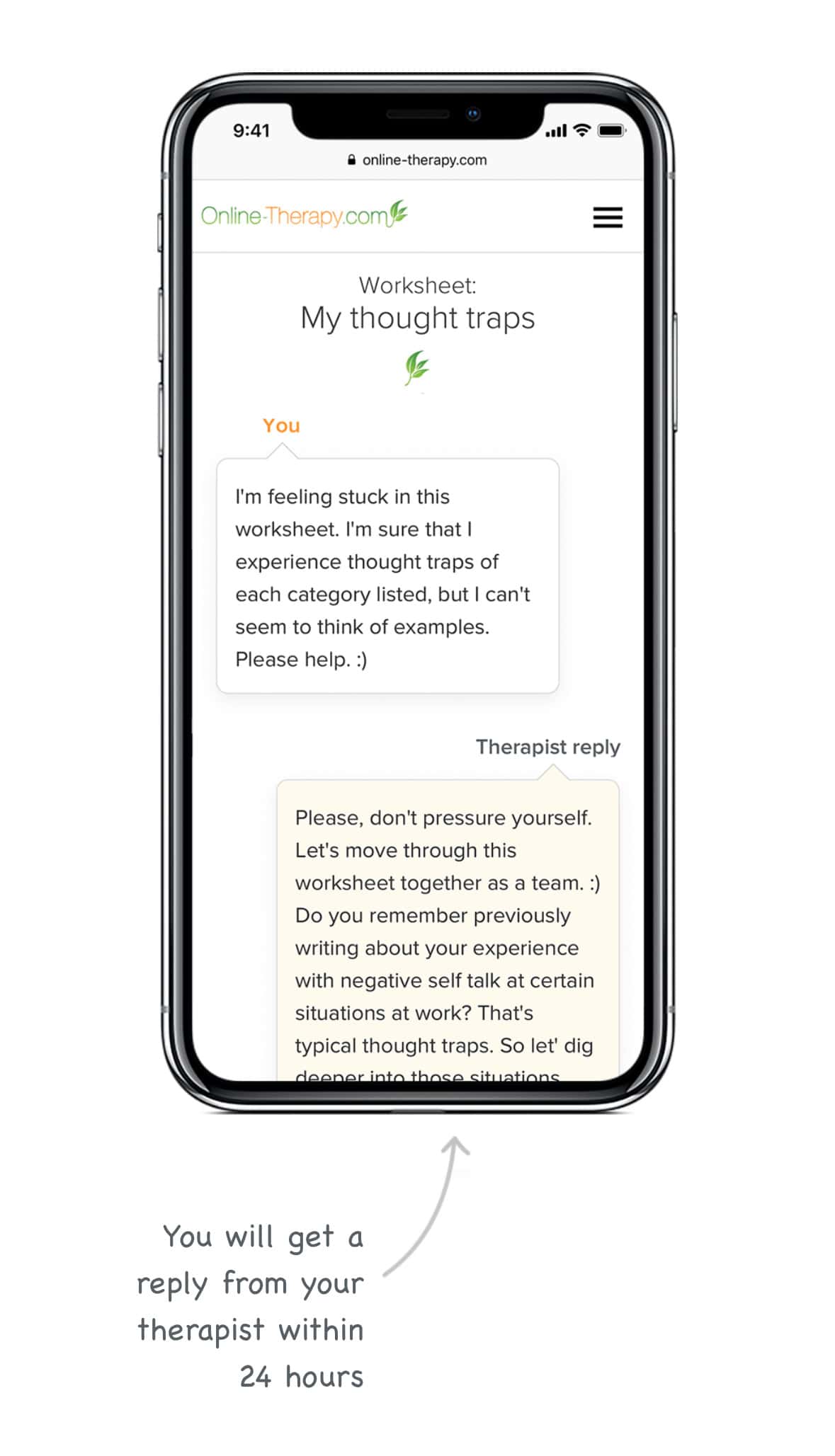
When choosing an online therapy platform, it’s essential to consider several factors to ensure you receive the best possible care:
Licensed Therapists
Ensure the platform employs licensed and experienced therapists who specialize in treating anxiety disorders, OCD and other psychiatric disorders.
Evidence-Based Approaches
Look for platforms that use evidence-based treatment approaches, such as CBT and ERP, which have been proven effective for treating agoraphobia and OCD.
Flexibility and Accessibility
Choose a platform that offers flexible scheduling and multiple modes of communication to fit your needs, preferences and to reduce possible treatment implications.
Final Verdict – Agoraphobia and OCD
Agoraphobia and OCD are complex and challenging disorders, but with the right treatment and support, individuals can manage their symptoms and improve their quality of life.
Online therapy offers a convenient and accessible option for those seeking help, providing evidence-based treatments from the comfort of home.
By understanding the symptoms and treatments for these mental disorders and exploring the benefits of online therapy, individuals can take proactive steps towards better mental health and various tailored treatment strategies.
For those interested in exploring online therapy options, platforms like Online-Therapy.com provide comprehensive programs tailored to individual needs.
Whether through individual therapy, group sessions, or self-guided programs, online therapy can offer the support and tools necessary to manage agoraphobia and OCD effectively.

